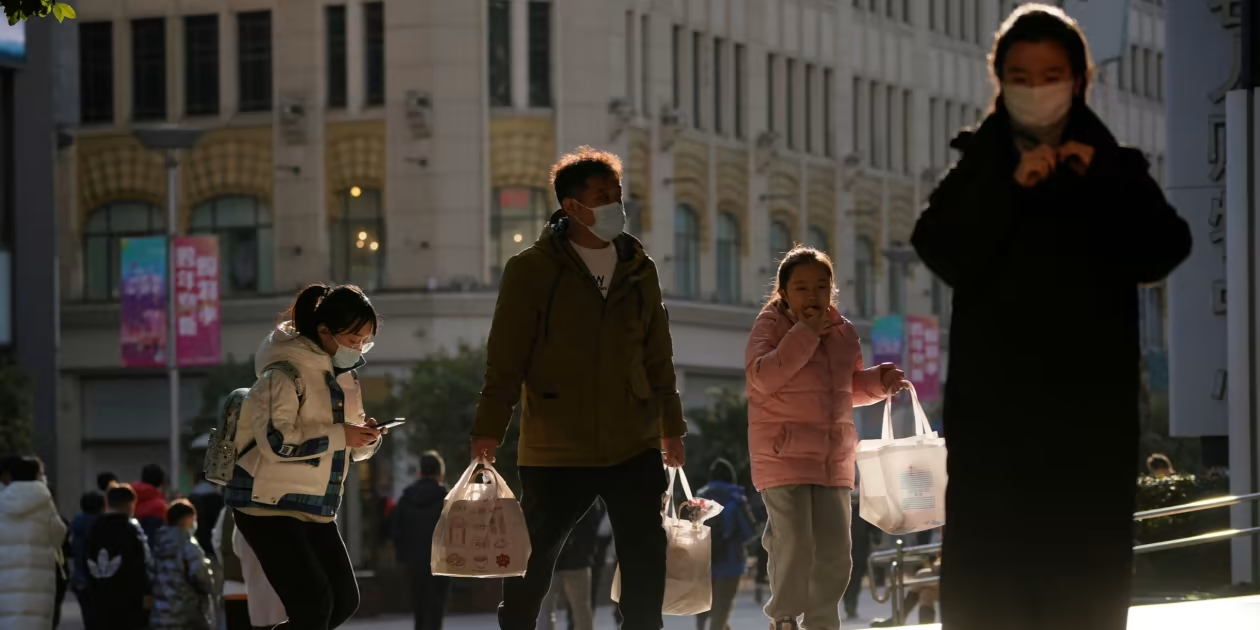In a recent development, the United States (US) and the United Kingdom (UK) jointly launched missile strikes against Houthi targets in Yemen, marking an escalation in the ongoing conflict in the Middle East. This strategic move has implications for regional stability, international relations, and the already complex dynamics in the Yemeni crisis. In this article, we explore the details of the missile strikes, the broader context of the Yemen conflict, and the potential consequences of this military intervention.
1. Missile Strikes on Houthi Targets
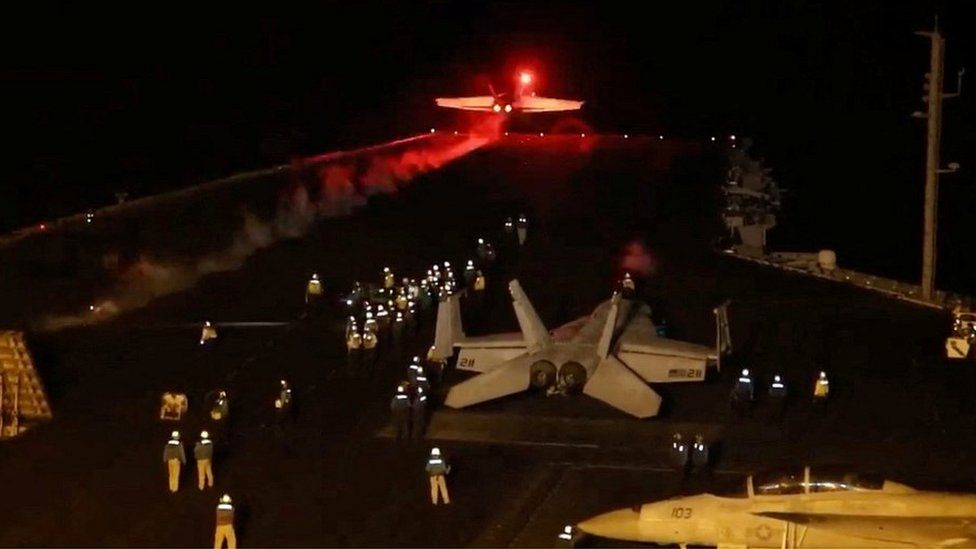
The missile strikes, coordinated between the US and the UK, targeted Houthi-controlled areas in Yemen. The strikes aimed at disrupting Houthi military capabilities and deterring further aggression in the region. The precision and scope of the strikes indicate a strategic response to the evolving situation in Yemen.
2. Context of the Yemen Conflict
The Yemen conflict, which has been ongoing for years, involves complex geopolitical dynamics. The Houthi rebels, aligned with Iran, have been in conflict with the internationally recognized government, backed by a Saudi-led coalition. The conflict has resulted in a humanitarian crisis, with widespread displacement, food insecurity, and a dire need for international aid.
3. International Involvement and Alliances
The missile strikes highlight the international involvement and alliances shaping the Yemen conflict. The US and the UK, key allies in the region, have taken a direct military stance against Houthi forces. This intervention adds a new layer to the complex network of alliances and rivalries in the Middle East, with potential repercussions for regional stability.
4. Humanitarian Concerns and Impact on Civilians
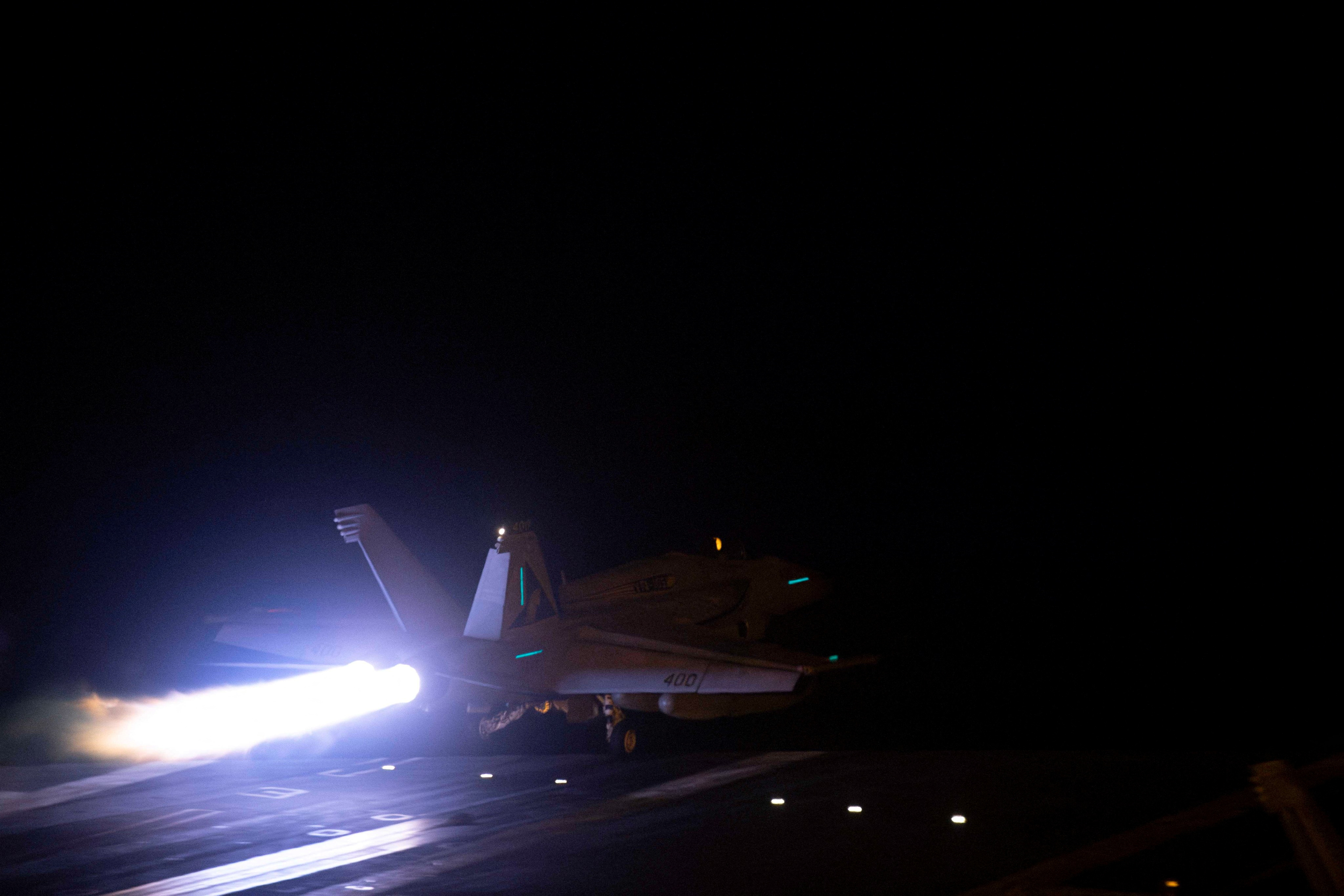
The Yemen conflict has already resulted in a severe humanitarian crisis, and the missile strikes raise concerns about the potential impact on civilians. The targeting of Houthi-controlled areas, which often includes densely populated areas, raises questions about civilian casualties and the overall humanitarian fallout.
5. Global Reactions and Diplomatic Efforts
The international community's response to the missile strikes is crucial in shaping the trajectory of the Yemen conflict. Diplomatic efforts will be essential to prevent further escalation and find a path towards a peaceful resolution. Global powers, regional actors, and humanitarian organizations will play a role in influencing the course of events.
6. Impact on Regional Stability
The missile strikes by the US and the UK have broader implications for regional stability. The Middle East, already a volatile region, faces heightened tensions with this military intervention. The interconnected nature of regional conflicts means that developments in Yemen can have a ripple effect on neighboring countries and the broader geopolitical landscape.
7. Future Scenarios and Resolution Possibilities

The missile strikes open up various future scenarios for the Yemen conflict. Possible outcomes include a renewed push for diplomatic negotiations, an escalation leading to further military engagements, or a shift in the balance of power on the ground. Understanding these potential scenarios is essential for anticipating the evolving dynamics in the Middle East.
Conclusion
The joint missile strikes by the US and the UK against Houthi targets in Yemen mark a significant development in the ongoing conflict. As the international community watches closely, the repercussions of this military intervention will shape the future trajectory of the Yemen crisis. Finding a resolution to the conflict requires not only military actions but also diplomatic efforts, humanitarian aid, and a commitment to addressing the root causes of the conflict.
(FAQs)
Q. Why did the US and UK launch missile strikes in Yemen?
Ans: The missile strikes were launched citing humanitarian concerns and responding to perceived Houthi aggression in the region.
Q. What is the background of the conflict in Yemen?
Ans: The conflict stems from the Houthi rebel movement's control of Sanaa in 2014, leading to international involvement and a Saudi-led coalition supporting the Yemeni government.
Q. How has the international community reacted to the missile strikes?
Ans: The response is mixed, with some nations supporting the intervention and others criticizing it as a violation of Yemen's sovereignty.
Q. What are the broader geopolitical implications of the missile strikes?
Ans: The joint military action solidifies the alliance between the US and UK, adds strain to US-Iran relations, and emphasizes the need for diplomatic solutions.
Q. What is the suggested way forward in addressing the Yemen crisis?
Ans: Diplomatic initiatives and increased humanitarian aid are highlighted as essential for finding a lasting solution to the Yemen conflict.

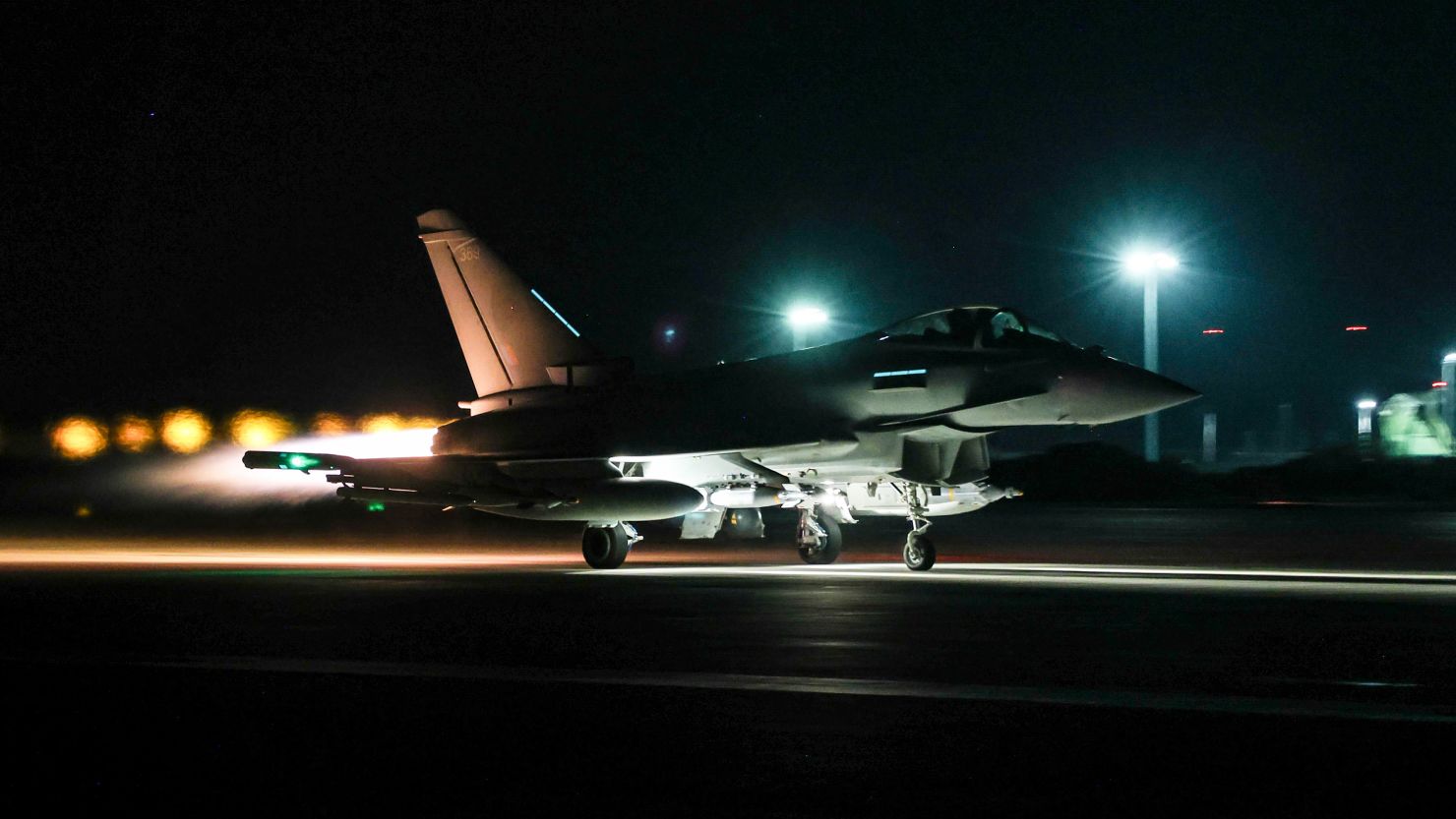

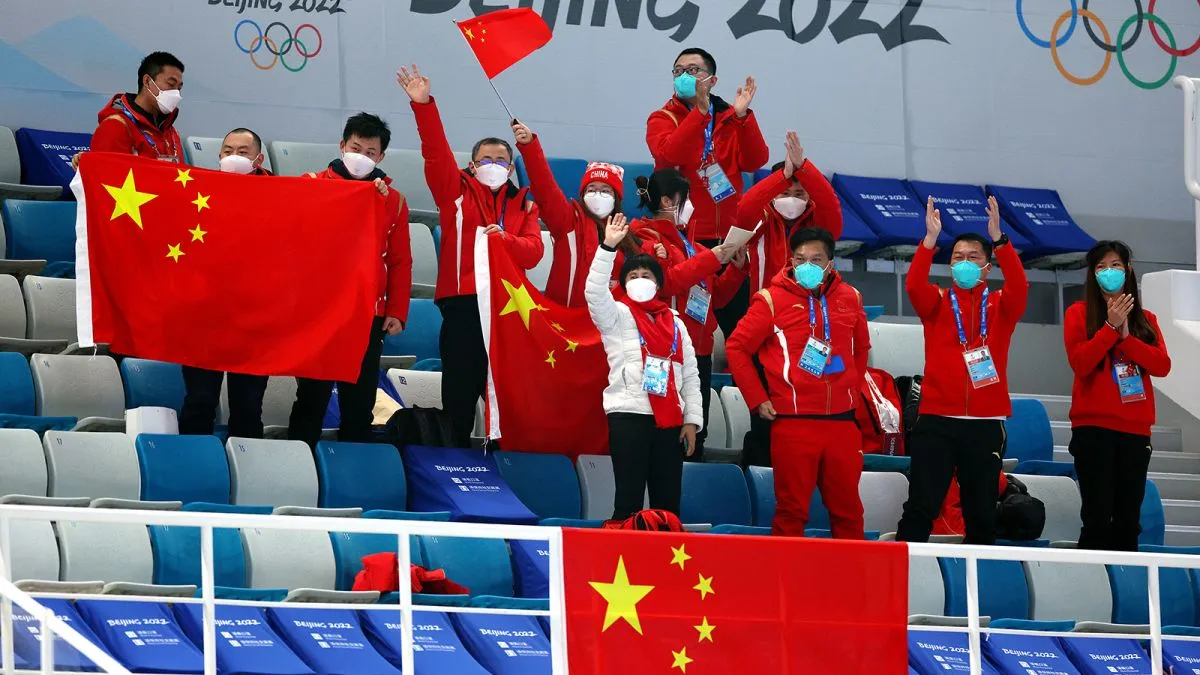
.webp)
